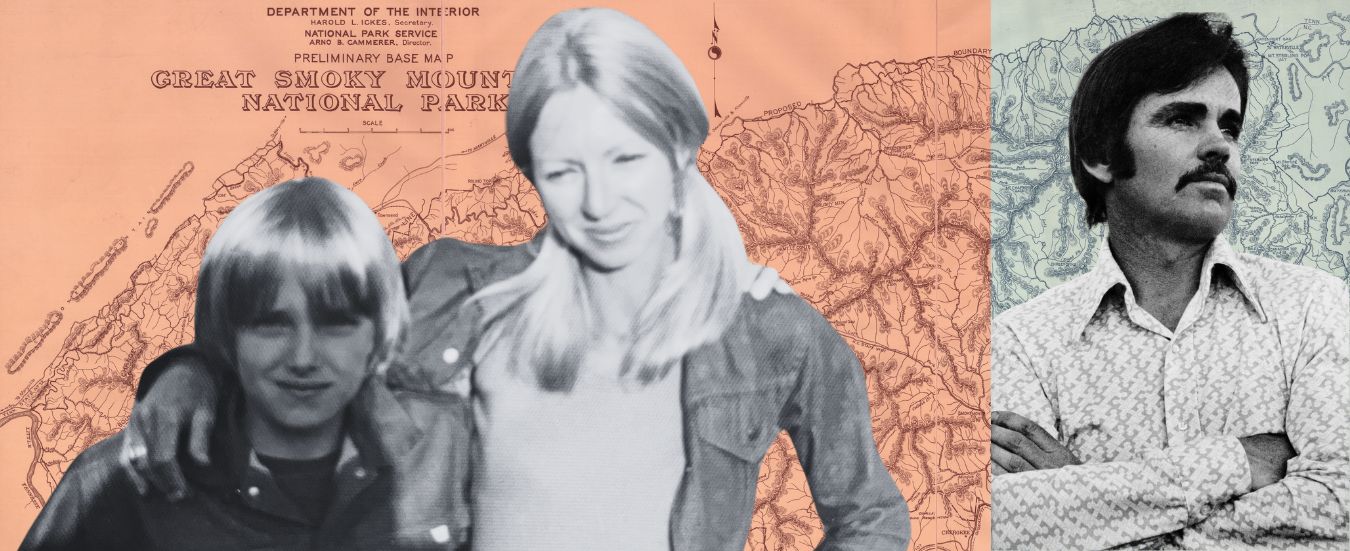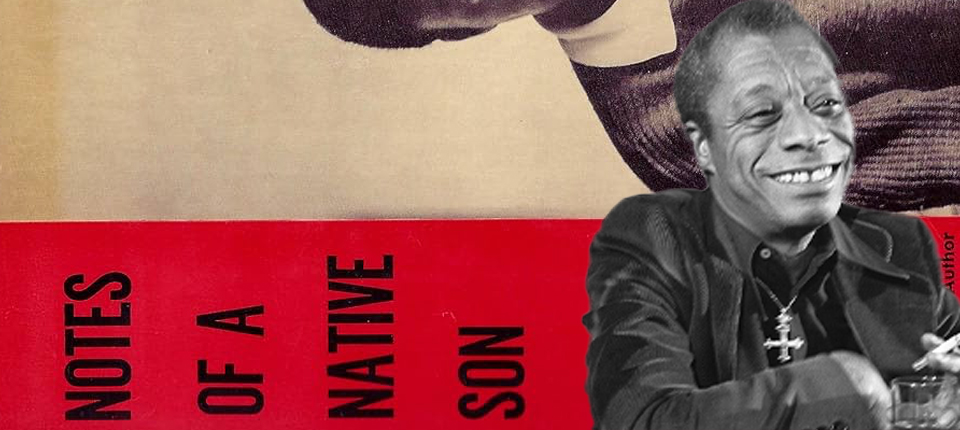Joshua Bennett’s Owed is dedicated to the “unheralded”, written for the invisible bodies of “a nation within a nation” (in James Baldwin’s words). By heralding the unnamed, each ode and elegy paves the way for the captive’s return, the freedman’s song. This is Bennett’s second collection, and the poems here give a new solidity and depth to his musings on identity, nostalgia and memory while losing none of the dynamism of his debut, The Sobbing School (2016). What strikes the reader initially is the distinct ease and fluidity of his language. Poems such as “American Abecedarian” demand to be spoken aloud; they are “owed” the voice’s incarnation. This oscillation between “owed” and “ode” reverberates. To write an “Owed to the Durag”, for Bennett, is not only to praise the “smooth, adjustable shadow” that the headwear forms at the nape of his neck, but also to celebrate a way of constructing identity. The homophone unspools the tense gap between what we are “owed” and for what we write odes: to whom or what do we owe our habits of speech, social standing or family breakdown?
In response to these questions Bennett often writes his odes to materials, to the substances from which his memories are made: the high-top fade, the cheese bus, the plastic on his grandmother’s couch. Yet this practical concern does not preclude engagement with the prophetic. In Owed phones are “small iron gods” (“Summer Job”) and police brutality is recorded in the biblical “The Book of Mycah”.
Bennett is at once “brooding philosopher, / race man, public apology / connoisseur” (“Plural”); in this plurality he speaks both for himself and for all that “America Will Be”. He has a love/hate relationship with America. For a nation to be “owed” something is for it to demand recompense; this he does, boldly. A four-poem sequence at the centre of the collection, “Reparation”, dances between suggestions of financial reparation, therapy and physical repair. The diagnoses: silencing, and the threat of a “tumor […] roughly four inches wide”.
Yet Bennett is at his best when writing not of recompense, but of recollection: the finest poems here inhabit and animate vignettes from his childhood. “Barber Song”, for example, is a playground for the language games of Black boys and men. In the end each poem becomes an artefact, a discrete representation of what it means to be a young Black man in America. These poems observe, gently but compellingly, that we are both constricted and formed by our debts – and that at least some societal debts demand repayment.
The post Heralding the unnamed appeared first on TLS.

 By Times Literary Supplement | Created at 2024-11-14 02:17:56 | Updated at 2024-11-21 18:36:33
1 week ago
By Times Literary Supplement | Created at 2024-11-14 02:17:56 | Updated at 2024-11-21 18:36:33
1 week ago








